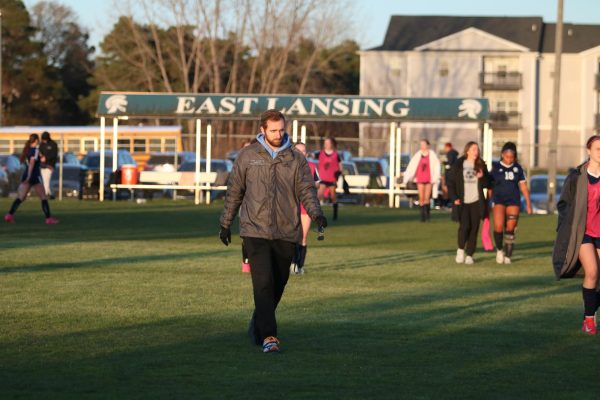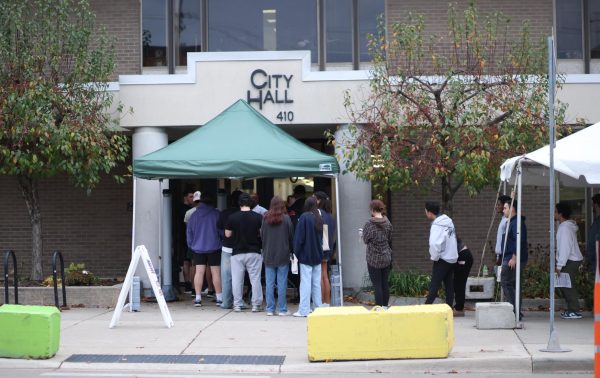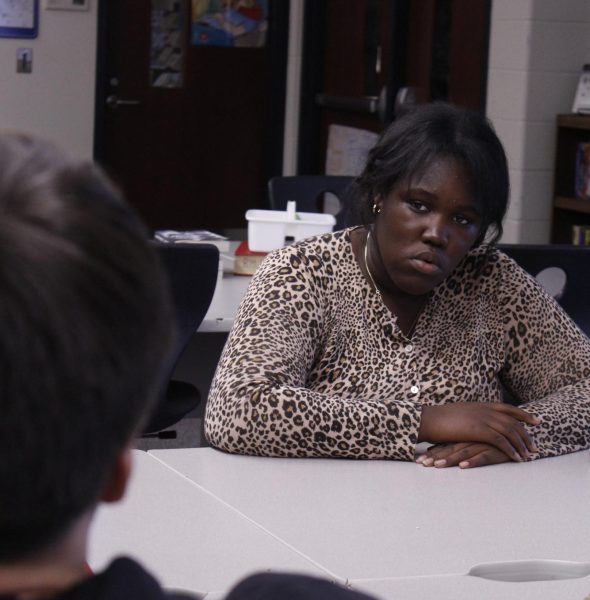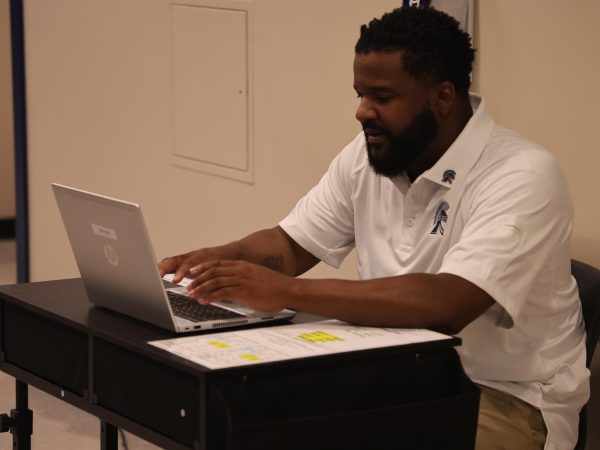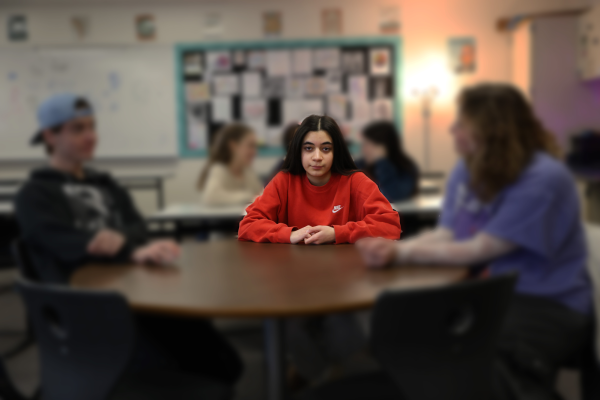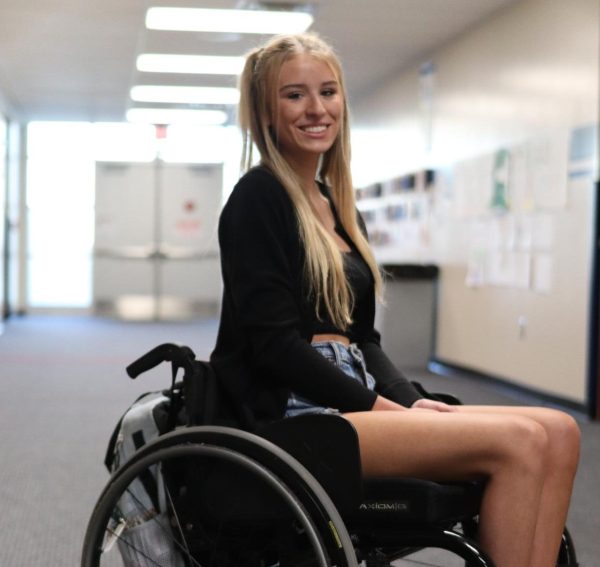Climate change in East Lansing
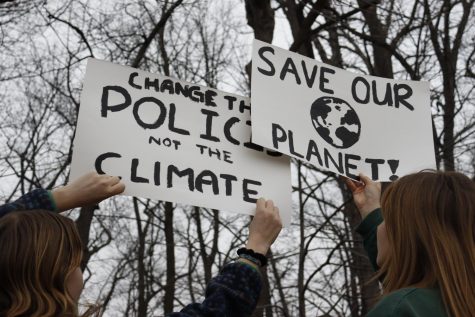
You’re taking a walk through MSU campus. The Red Cedar river is so flooded, it looks like an ocean. Autumn Olive and Buckthorn – both invasive species – sprout under your feet. You break a sweat. It’s 110 degrees. Snow days? A thing of the past.
The year is 2050, and these are the effects of irreparable climate change in East Lansing.
This may feel like an exaggeration, but this is the future Dr. Bruno Basso, environmental science professor at MSU, sees for our city if we don’t do something to save our environment.
“Climate Anxiety” is real. It’s not a mental illness, but a large majority are affected by it. Harvard Health defines the term as “distress related to worries about the effects of climate change, and anxiety rooted in uncertainty about the future and alerting us to the dangers of a changing climate.”
It can be discouraging to hear about wildfires and glaciers melting when it feels like there’s no real way to help. According to an Instagram poll of 69 students from Feb 1, 65 percent of ELHS students struggle with climate anxiety.
To help further understand the impacts of climate change here in East Lansing, Portrait reporters met with Dr. Basso, a professor who specializes in research related to sustainability regarding agriculture. He expressed his concern about the immediate risks of climate change, ones that are detrimental to the environment we currently live in. He pointed out that we are only about 10 years away from climate change becoming irreversible, and if policies don’t change, that day will come.
“Scientists feel that the general audience, the general people, the mass does not understand the urgency of the problem,” Dr. Basso said. “I am as young as you in thinking that we are in dire, deep trouble.”
According to the National Weather Service, Michigan’s average temperature has increased by three degrees in the past 30 years. While this change may sound meager, those few degrees could mean everything. The amount of extreme weather events in Michigan has also had a drastic increase.
“The thing to underline is that the extreme events in climate change are becoming much more frequent,” Dr. Basso said. “If you look at the records, there were extreme events occasionally, but it was seldom, like every 20 years. Now, we get extreme events, like the polar vortex or unusual heat, just about every two or three times in a year.”
An example of this can be seen in just this past month. The high on Dec 30, 2022, was 56 degrees. The high just one week later, on Jan 7, 2023, dropped to 31 degrees, a dramatic and sudden change. The cause of this is clear: the slowly rising temperatures across the planet, caused by increased CO2 in the atmosphere. Additionally, some of East Lansing’s biggest risks are extreme heat, drought and inland flooding, which have slowly started to become apparent. As time goes on we may also see more major changes to the Great Lakes.
“If we don’t look after the environment, our Great Lakes will receive additional pollution,” Dr. Basso said. “This pollution will come from the use of chemicals from agriculture.”
Michigan is lucky in that climate change has yet to make daily life unbearable. In other parts of the world, people living in poverty are differentially impacted due to differences in resources and infrastructure, as well as geographic location. Puerto Rico is still recovering from 2017 Hurricane Maria nearly six years later, a devastating example of an increase in extreme weather.
It may be true that climate change isn’t really in our hands. According to the American Association for the Advancement of Science, 100 companies make up 71 percent of all emissions. It can feel hopeless. However, there will always be impactful ways to do your part: being ethical and sustainable while purchasing goods, recycling whenever possible, and most importantly, continuing to stand up for our climate.
“In addition to the enactment of being a good citizen,” Basso said. “I think [your generation] has a much stronger role. In communicating. That’s where communication, that is supported by data and science, will help communicate the complexity of the problem and how people have to do their parts.”

Frankie is a member of the Class of 2023, and is the Social Media Editor and a staff writer for Portrait. This is Frankie’s second year on staff as a...

Nina is a member of the Class of 2025 and is a Photography Editor for Portrait. This is her second year on staff as a junior. Nina’s favorite thing about...



